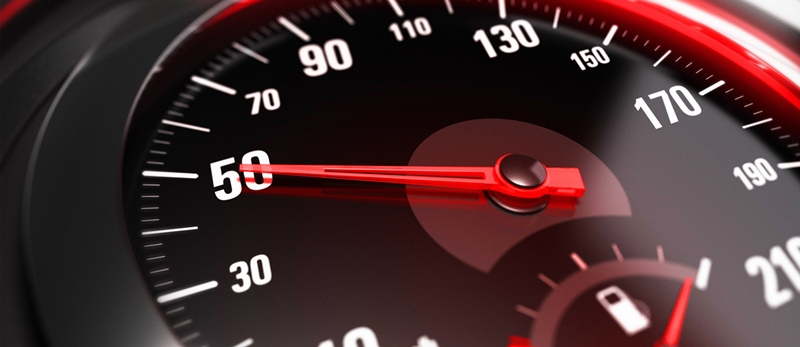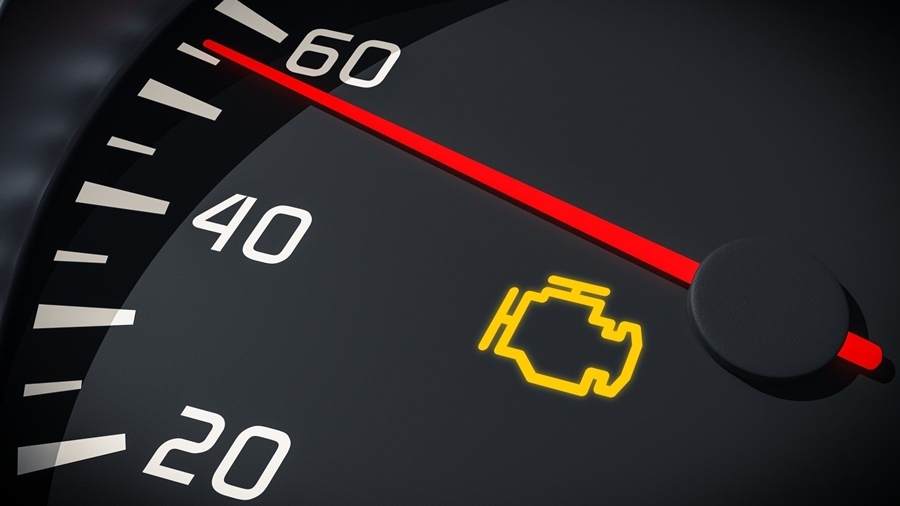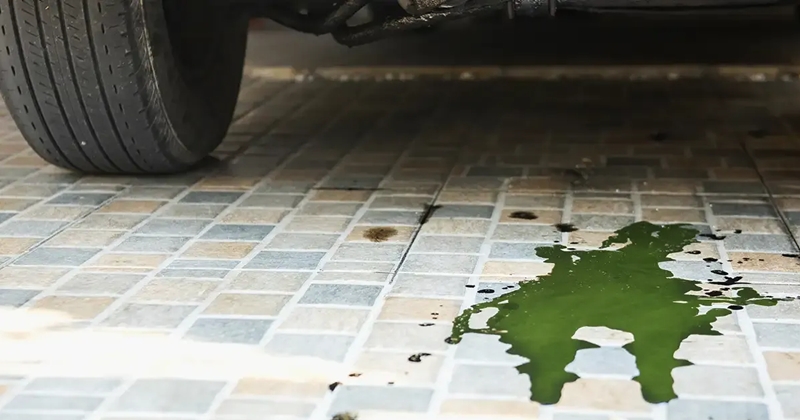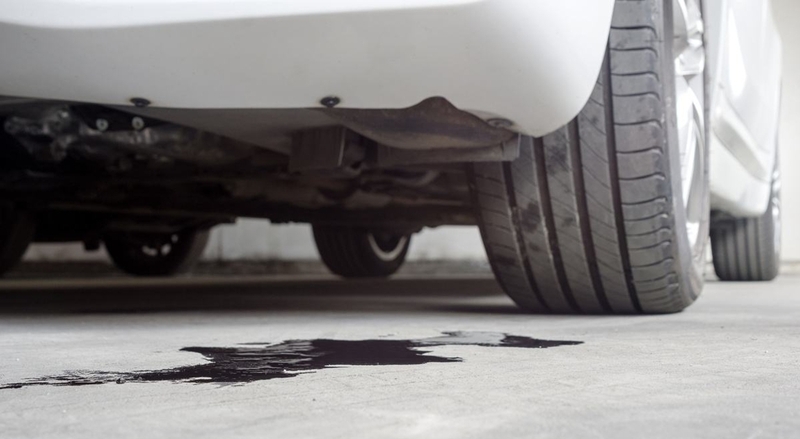Car Not Accelerating: When you hit the gas pedal, you want your car to move right away. If it feels sluggish, your car accelerates slow and takes a while to speed up, it can be really annoying—and even risky. Slow acceleration not only messes with your driving vibe but might also signal some hidden issues that could end up being expensive to fix.
Figuring out why your car is dragging its feet is the first step to sorting it out quickly and keeping things safe on the road. Let’s dive into the usual suspects and see what you can do about them.
Table of Contents
What Does Slow Acceleration Mean?
When your car not accelerating and struggles to respond quickly, it could mean a few things. You might notice it taking longer to gain speed, or maybe your engine jerks or stalls. Sometimes, the Check Engine light turns on, or your fuel efficiency drops. These symptoms are clues that something isn’t working right and needs attention.
Also read: Check Engine Light Diagnosis: Essential 6-Step Guide
Understanding what causes slow acceleration helps you act before small issues turn into big problems. It’s not just about feeling stuck in traffic; it’s about keeping your vehicle running smoothly and avoiding breakdowns that could be dangerous.

7 Dangerous Reasons Your Car Not Accelerating (And How to Fix Them)
When your car not accelerating properly, it’s more than just an inconvenience—it’s a serious safety hazard. Whether you’re merging onto a highway or trying to pass another vehicle, poor acceleration can put you and your passengers at risk. Here are the seven most dangerous reasons your car not accelerating and what you can do about them.
1. Fuel Pump Failure – The Silent Engine Killer
Why It’s Dangerous: A failing fuel pump can cause sudden power loss while driving, leaving you stranded in dangerous situations like busy intersections or highways.
The Problem: Your fuel pump moves gasoline from the tank to the engine under precise pressure. When it fails, your engine doesn’t get adequate fuel, causing your car not accelerating properly, especially when fuel demand is highest.
Warning Signs:
- Engine sputtering at high speeds
- Car jerking during acceleration
- Difficulty starting the engine
- Whining noise from the fuel tank
How to Fix It: Fuel pump replacement requires professional service and typically costs $400-800. Don’t ignore early warning signs—a complete failure can leave you dangerously stranded.
2. Clogged Catalytic Converter – The Exhaust Chokehold
Why It’s Dangerous: A severely clogged catalytic converter can cause engine overheating and complete power loss, potentially causing accidents in traffic.
The Problem: Your catalytic converter cleans exhaust gases before they exit your vehicle. When clogged, it creates back-pressure that chokes your engine, leaving your car not accelerating with the power you need.
Warning Signs:
- Dark exhaust smoke
- Sulfur smell from exhaust
- Engine overheating
- Reduced fuel economy
How to Fix It: Catalytic converter replacement costs $500-1,500. Sometimes professional cleaning can restore function, but severe clogs require complete replacement.
3. Transmission Slipping – The Power Transfer Breakdown
Why It’s Dangerous: Transmission slipping can cause unpredictable acceleration, making it difficult to control your vehicle in critical driving situations.
The Problem: Your transmission transfers engine power to the wheels. When it slips, this power transfer becomes unreliable, resulting in your car not accelerating when you need it most.
Warning Signs:
- Engine revving without speed increase
- Delayed acceleration response
- Jerky or rough shifting
- Burning smell
How to Fix It: Check transmission fluid first—low levels are often the culprit. If fluid is adequate, professional transmission service is required, costing $300-3,000 depending on severity.
4. Throttle Position Sensor Malfunction – The Communication Breakdown
Why It’s Dangerous: A faulty throttle position sensor can cause sudden acceleration loss or erratic engine behavior, creating unpredictable driving conditions.
The Problem: This sensor tells your engine’s computer how much you’re pressing the gas pedal. When it malfunctions, your car not accelerating responds properly to your commands, creating dangerous driving conditions.
Warning Signs:
- Check engine light activation
- Delayed acceleration response
- Engine hesitation or surging
- Poor idle quality
How to Fix It: Throttle position sensor replacement typically costs $150-300. This is a relatively straightforward repair that requires professional diagnosis to confirm the faulty sensor.
5. Dirty Mass Airflow Sensor – The Breathing Problem
Why It’s Dangerous: A contaminated mass airflow sensor can cause sudden power loss during acceleration, particularly dangerous when overtaking or merging.
The Problem: This sensor measures incoming air to calculate the proper fuel mixture. When dirty, it sends incorrect data to your engine’s computer, causing your car not accelerating smoothly and potential stalling.
Warning Signs:
- Rough engine idle
- Black exhaust smoke
- Engine stalling after starting
- Poor fuel economy
How to Fix It: Professional cleaning costs $50-150, while sensor replacement runs $200-400. Regular air filter changes prevent this problem.
6. Worn Timing Belt – The Catastrophic Failure Risk
Why It’s Dangerous: A timing belt failure can cause immediate engine shutdown and potential internal engine damage, creating extreme safety hazards.
The Problem: Your timing belt synchronizes engine components. When worn or broken, your car not accelerating loses power immediately and may suffer catastrophic internal damage.
Warning Signs:
- High-pitched squealing from engine
- Engine misfiring or rough running
- Metal shavings in oil
- Engine won’t start
How to Fix It: Timing belt replacement costs $300-800 but prevents thousands in engine damage. Follow manufacturer replacement intervals religiously—typically every 60,000-100,000 miles.
7. Low Compression From Worn Engine Components – The Internal Breakdown
Why It’s Dangerous: Worn internal engine parts can cause sudden power loss and potential engine seizure, creating life-threatening situations on busy roads.
The Problem: Worn piston rings, valves, or cylinders reduce engine compression, dramatically decreasing power output and leaving your car not accelerating with adequate capability.
Warning Signs:
- Blue or white exhaust smoke
- Excessive oil consumption
- Rough engine idle
- Poor acceleration despite high RPMs
How to Fix It: Internal engine repairs range from $1,000-5,000 depending on damage extent. Regular oil changes and maintenance prevent most internal wear issues.

Take Action Before It’s Too Late
Don’t wait until your car not accelerating becomes a dangerous situation. If you notice any of these warning signs, seek professional diagnosis immediately. Regular maintenance prevents most acceleration problems and keeps you safe on the road.
Emergency Safety Tips
- Pull over safely if you experience sudden power loss
- Turn on hazard lights immediately
- Never attempt highway merging with poor acceleration
- Call for professional help rather than continuing to drive
Your safety is worth more than the cost of repairs. Address acceleration problems promptly to prevent dangerous roadside breakdowns and potential accidents.
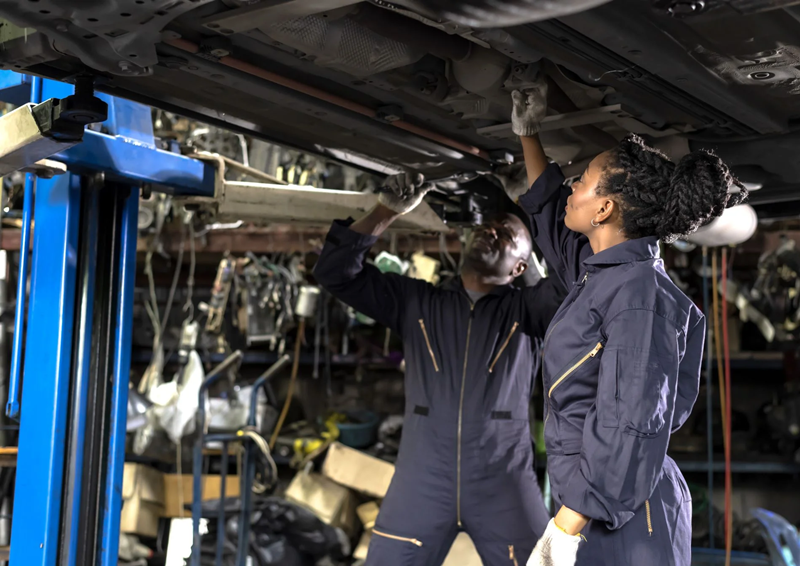
Diagnostic Steps and Expert Recommendations
To figure out why your car not accelerating, follow these steps:
- Review symptoms—note when and how the issue occurs.
- Check for warning lights on the dashboard.
- Use an OBD-II scanner to identify fault codes.
- Inspect visible components like air filters, belts, and fluid levels.
- Consult a mechanic for deeper diagnostics when necessary.
An experienced technician can perform thorough tests, including visual inspections and electronic diagnostics. This helps identify problems accurately and quickly.
Preventative Maintenance to Ensure Optimal Acceleration
Keeping your car in top shape is all about regular maintenance. This not only makes your car last longer but also gives you a smoother and safer ride. Here are some easy tips to help you take care of your car:
- Routine inspections: It’s important to regularly check your car. Look at the air filters to make sure they’re not clogged, as clean filters help your engine run better. Also, keep an eye on the spark plugs since they’re key for starting the engine. If they’re worn out or dirty, you might notice worse fuel economy and more emissions. Don’t forget to check fluid levels like oil, brake fluid, coolant, and windshield washer fluid to keep everything running smoothly.
- Timely fluid changes: Changing fluids on time is crucial. Transmission fluid, engine oil, and coolant can get dirty or break down over time. If you skip these changes, you could end up with serious engine problems, worse performance, and expensive repairs. Regular oil changes keep the engine well-lubricated, and changing the transmission fluid helps with smooth shifting. Refreshing the coolant prevents overheating and protects the engine.
- Sensor checks: Modern cars have lots of sensors that help everything work right. Make sure these sensors are in good shape, as they track things like engine performance and fuel efficiency. Regular diagnostic checks can catch any sensor issues early, so you can fix them before they become a problem. This keeps your car running well and boosts safety and efficiency.
- Professional tune-ups: Getting professional tune-ups is key for car maintenance. During a tune-up, a skilled technician will check and adjust parts of the engine like the ignition system, fuel injectors, and timing. This thorough check helps the engine run smoothly. Regular tune-ups can stop small issues from becoming big problems, keeping your car reliable and responsive on the road.
Recommendation: Staying proactive can save you money and keep your car running smoothly longer.

FAQ: Car Not Accelerating
-
What should I do when my car not accelerating properly?
When you notice your car not accelerating as expected, first ensure you’re in a safe location away from traffic. Turn on your hazard lights if you’re on the road. Check your dashboard for warning lights, particularly the check engine light. Try pressing the gas pedal gently to see if the response improves. If the problem persists and you feel unsafe, pull over and call for roadside assistance.
-
How can I tell if my car not accelerating issue is serious?
Several signs indicate a serious problem when your car not accelerating normally. Listen for unusual noises like knocking, grinding, or squealing sounds. Watch for smoke coming from the exhaust or engine bay. Check if your dashboard warning lights are illuminated. If you experience complete loss of power, stalling, or jerky movements, these are serious symptoms requiring immediate professional attention.
-
Can dirty air filters cause my car not accelerating problems?
Yes, a dirty air filter is a common reason for poor acceleration performance. Your engine needs clean air to create the proper fuel-air mixture for combustion. When the filter becomes clogged with dirt and debris, it restricts airflow to the engine. This restriction can cause sluggish acceleration, reduced power output, and decreased fuel efficiency. Replacing a dirty air filter is often an inexpensive fix that can restore normal acceleration.
-
What transmission problems lead to poor acceleration response?
Transmission issues frequently cause car not accelerating. Low transmission fluid levels can result in delayed or rough shifting, affecting how power transfers from the engine to the wheels. A slipping clutch in manual transmissions prevents proper power delivery. Faulty torque converters in automatic transmissions can cause hesitation during acceleration. Internal transmission wear may also create acceleration delays and require professional diagnosis.
-
How do fuel system problems affect my vehicle’s acceleration?
Fuel system malfunctions are primary causes of car not accelerating. A failing fuel pump cannot deliver adequate fuel pressure to the engine, especially under heavy acceleration demands. Clogged fuel filters restrict fuel flow, creating lean fuel mixtures that cause hesitation and power loss. Dirty fuel injectors cannot spray fuel properly, disrupting the combustion process and reducing engine power output during acceleration attempts.
-
When should I seek professional help for acceleration problems?
Contact a qualified mechanic when basic troubleshooting doesn’t resolve your acceleration issues. If you’ve checked air filters, fluid levels, and visible components without improvement, professional diagnosis is necessary. Complex problems involving engine internals, transmission components, or electronic systems require specialized tools and expertise. Don’t delay professional service if you experience safety concerns or complete power loss while driving.
-
What routine maintenance prevents car acceleration problems?
Regular maintenance is essential for preventing acceleration issues. Change engine oil according to manufacturer recommendations to ensure proper lubrication. Replace air filters every 12,000-15,000 miles or as specified in your owner’s manual. Check and change transmission fluid at recommended intervals. Inspect spark plugs, fuel filters, and drive belts regularly. Schedule professional tune-ups to identify potential problems before they cause acceleration failures.
-
Can sensor malfunctions cause my car not accelerating smoothly?
Modern vehicles rely heavily on sensors for optimal performance, and sensor failures commonly cause acceleration problems. The throttle position sensor monitors gas pedal input and communicates with the engine control unit. Mass airflow sensors measure incoming air for proper fuel mixture calculations. Oxygen sensors help maintain optimal fuel-air ratios. When these sensors malfunction, they send incorrect data to the engine computer, resulting in poor acceleration response.
-
What emergency steps should I take if my car stops accelerating completely?
If your vehicle suddenly loses all acceleration power, immediately activate your hazard lights and safely move to the roadside. Turn off the engine and wait a few minutes before attempting to restart. Check for obvious problems like loose connections or visible fluid leaks. If the engine restarts but acceleration remains poor, drive carefully to the nearest service station. Call for towing if the problem persists or if you feel unsafe continuing to drive.
-
How much does it typically cost to fix acceleration problems?
Repair costs for acceleration issues vary significantly depending on the underlying cause. Simple fixes like air filter replacement may cost $20-50. Fuel system repairs including pump or injector service can range from $200-800. Transmission problems may require $500-3000 in repairs depending on severity. Engine internal issues can cost $1000-5000 or more. Early diagnosis and maintenance help prevent expensive repairs and keep costs manageable.
-
Are there warning signs before my car develops acceleration problems?
Yes, several early warning signs often precede serious acceleration problems. Gradual decrease in acceleration performance over time indicates developing issues. Unusual engine noises during acceleration attempts suggest internal problems. Decreased fuel efficiency may signal fuel system or engine troubles. Dashboard warning lights, particularly the check engine light, indicate potential problems requiring attention. Addressing these early signs prevents more serious and expensive failures.
Need a mechanic? Find one on the Mobile Mechanic Directory
Final Thoughts
If your car’s taking its sweet time to speed up and accelerates slow, there could be a bunch of reasons why—maybe it’s something with the fuel, air, engine, transmission, sensors, or even how you drive. Spotting these issues early can save you from bigger headaches later. Keeping up with regular check-ups and maintenance is key to keeping your ride in top shape.
If your car still feels sluggish after trying the usual fixes, it’s time to call in the pros. Taking care of it right away not only gets your car back in gear but also keeps you safe on the road. Don’t brush off slow responses—your car’s health counts on it.

